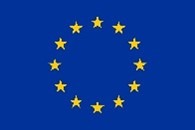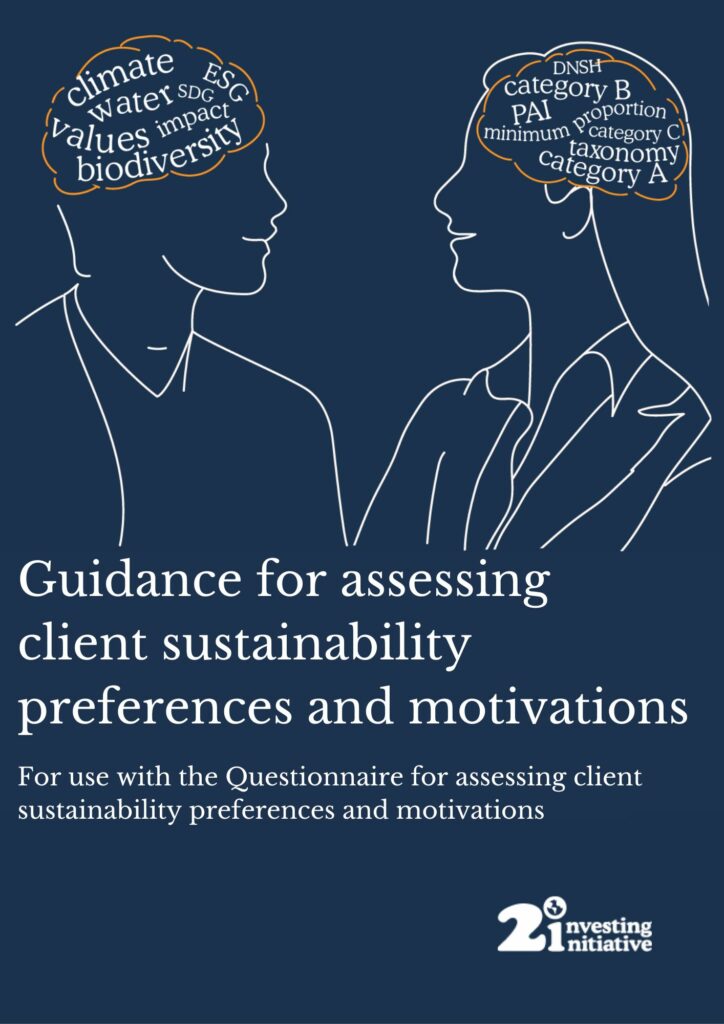Find out the replay of the webinar presentation led by David Cooke, Law and Policy Lead at 2DII here.
Investment firms will need to implement many changes to ensure compliance – from revising operational procedures to ensuring relevant staff develop the necessary expertise.
However, the results of our mystery shopping campaigns reveal a low level of compliance with these requirements. And this picture does not appear to be improving with more time having passed since implementation of the regulatory changes. According to the current campaign average (EU9) result, in only 43% of appointments did the advisor bring up the subject of sustainability preferences without any prompting by the client.
These mystery shopping results also reveal significant concerns as to whether the definition of sustainability preferences provides a sound basis for a comprehensive and holistic assessment of client preferences for sustainable investment. Indeed we have a fear that approaching the topic of client preferences for sustainable investment through the lens of the definition of sustainability preferences serves only to make an already complicated task even more so. Most crucially, the definition of sustainability preferences simply does not work in relation to impact-oriented financial products. The definition does not accommodate impact-oriented financial products and therefore assessing client sustainability preferences will not reveal if a client is impact-oriented and cannot result in recommending an impact-oriented financial product. Yet our most recent consumer research reveals that 50% of European respondents are willing to have impact with their savings.
These mystery shopping results therefore reveal a market practice for the assessment of client sustainability preferences which is far from adequate – and may indicate systemic mis-selling to impact-oriented clients in particular.
Therefore 2DII has developed a Guidance and Questionnaire to assist investment firms in carrying out a comprehensive assessment of client sustainability preferences and wider sustainability motivations and harmonise practices among investment firms. Taken together, the Guidance and the Questionnaire support investment firms both ensure compliance with the new requirements regarding assessment of client sustainability preferences and implement better practice (than currently required by the regulatory framework) to ensure a comprehensive assessment of all sustainability related aspects associated with client investments.
The Guidance and Questionnaire were developed considering: (i) the relevant regulatory framework and any supervisory guidance materials; (ii) 2DII expertise and research in relation to assessing client preferences for sustainable investment; and (iii) extensive stakeholder feedback through working group discussions, public consultation and interviews and focus group sessions.
About our funder and the project: This project is funded by the EU’s Horizon 2020 research and innovation program under Grant Agreement No 834345. LEVEL EEI aims at making the financial products contributing to energy efficiency and sustainable energy more competitive. This work reflects only the author’s view, and the funder is not responsible for any use that may be made of the information it contains.
The Guidance and Questionnaire are part of the Retail Investing Research Program at 2DII which is one of the largest publicly funded research programmes on the supply, demand, distribution and policy aspects of retail investment markets in Europe.




